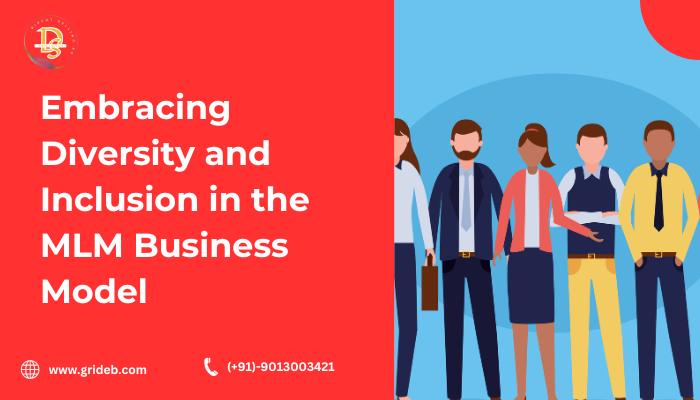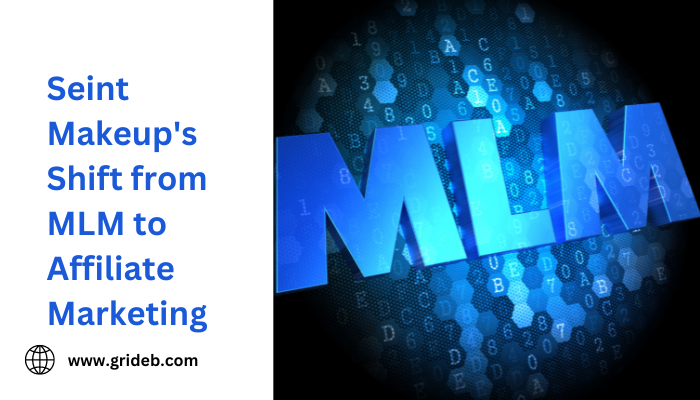Embracing Diversity and Inclusion in the MLM Business Model

Why Diversity and Inclusion Matter in MLM
Broadening Market Reach:A diverse MLM team can connect with a wider audience, tapping into different communities and demographics. This helps in expanding the market reach and ensuring that the products or services offered resonate with a broad spectrum of potential customers.
Enhanced Creativity and Innovation:Diverse teams bring varied perspectives and ideas, fostering creativity and innovation. This diversity of thought can lead to unique problem-solving approaches and innovative marketing strategies, setting the MLM business apart from competitors.
Building Trust and Credibility:An inclusive environment where all individuals feel valued and respected builds trust among team members and customers. Trust is crucial in MLM, where personal relationships and networks are the backbone of the business.
Reflecting Modern Values:Today's consumers and potential business partners are increasingly conscious of social issues. MLM companies that prioritize diversity and inclusion demonstrate a commitment to modern values, making them more attractive to socially aware individuals.
Strategies for Integrating Diversity and Inclusion in MLM
Inclusive Recruitment Practices:Ensure that recruitment processes are free from bias and actively seek to include individuals from various backgrounds. This could involve diverse interview panels and outreach to underrepresented communities.
Diverse Leadership:Promote diversity in leadership positions. Diverse leadership teams not only set an example but also ensure that diverse perspectives are considered in decision-making processes.
Cultural Competency Training:Provide training for all team members on cultural competency, unconscious bias, and inclusive practices. This helps in creating an environment where everyone feels welcome and valued.
Flexible Work Practices:Implement flexible work practices that cater to different needs. This can include accommodating different time zones, offering part-time opportunities, and supporting work-life balance.
Employee Resource Groups (ERGs):Establish ERGs to support underrepresented groups within the MLM organization. These groups provide a platform for individuals to share their experiences, offer mutual support, and contribute to the company's diversity initiatives.
Inclusive Marketing:Ensure that marketing materials reflect the diversity of the target audience. Use inclusive language and imagery that resonates with a wide range of people.
Continuous Feedback and Improvement:Create mechanisms for continuous feedback and improvement regarding diversity and inclusion practices. Encourage open dialogue and be willing to make necessary changes based on feedback.
Case Studies: MLM Companies Leading the Way
Several MLM companies have set exemplary standards in diversity and inclusion. For instance, Avon has long been recognized for its inclusive practices, supporting women entrepreneurs globally and championing gender equality. Similarly, Amway's commitment to diversity is evident in its global operations and inclusive workforce.
Conclusion
Diversity and inclusion are not just ethical imperatives; they are business necessities in the MLM industry. By embracing these principles, MLM companies can not only foster a positive and inclusive culture but also unlock new markets, drive innovation, and build lasting trust with customers and team members. As the world continues to evolve, so too must the strategies and values of MLM businesses, ensuring that diversity and inclusion remain at the forefront of their growth and success.
In the competitive landscape of MLM, those who prioritize and integrate diversity and inclusion will undoubtedly stand out, creating a robust and resilient business model for the future.
.png)
.png)

.png)
.png)
.png)
